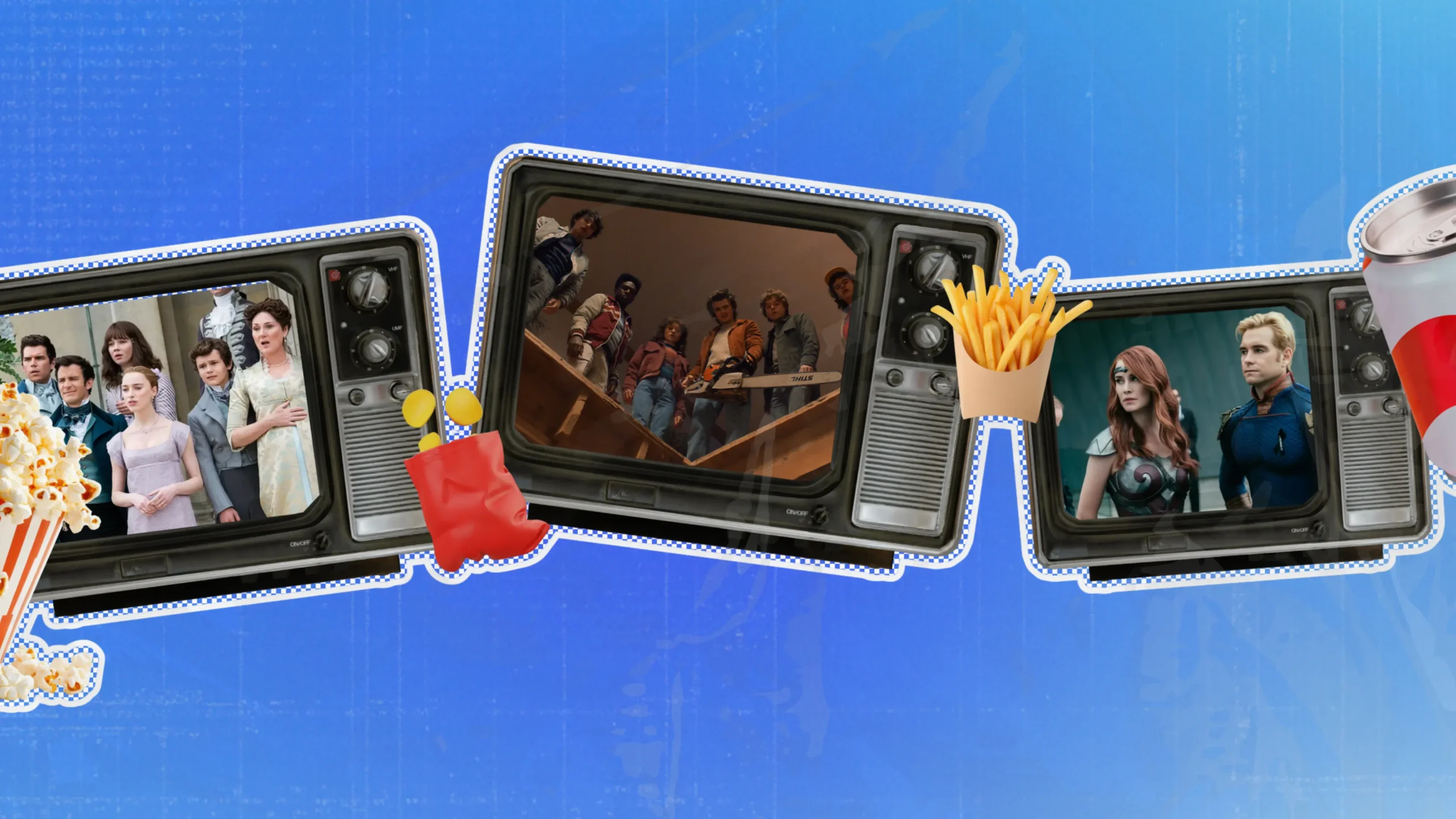A look into WWF: Kiss the Ground, how we worked on this project, and the strategies we used in order to come up with the best output for the task at hand.
“Kiss the Ground,” a ground-breaking documentary presented by the World Wildlife Fund (WWF), unveils an innovative and perhaps unexpected solution to one of humanity’s most pressing dilemmas: climate change.
In terms of being a documentary, it’s great. It was featured in the Tribeca Film Festival in 2020 for a reason. Boasting stunning visuals and narration from Woody Harrelson, it’s the kind of film that’s perfect to put on and slowly drift to sleep to on some Thursday evening.
It talks about the earth, the ground beneath us, and how we can fix it. Basically, everything you’d expect from a film called “Kiss the Ground.”
That’s all well and good, but would this kind of thing really reach a Filipino audience? Like we said: it’s perfect to fall asleep to. While it certainly can impart an impactful message, it may just end up becoming background noise to the average Filipino.
WWF Philippines knew this and thought that a different approach may be even more effective.
The project’s conception
WWF approached us in August of last year. They liked Kiss the Ground and thought that Filipinos could learn from it, but didn’t really know if it’d hit home.
In all fairness, that makes complete sense. Not a lot of Filipinos would see a fully-produced, hifalutin documentary like this and think to themselves, kailangan ko magbago. No, you’d need a better, way more specific approach to shake up the audience.
And soon. Considering that Filipinos waste up to 308,000 tons of rice every year and that in Metro Manila alone, 2,175 tons of food waste end up in trash bins daily–the wake-up call was sorely needed.
That’s why WWF decided to partner with us, asking us to simply translate the documentary from English to Tagalog. In this way, the Filipino audience would be able to understand the messaging in the most literal sense of the word.
However, as an agency that also functions as a communications and creative consultant, we insisted that this approach wouldn’t yield the result they wanted.
Our Content Development Head Beejay Castillo put it best: “It isn’t enough to just tagalize. They needed to localize.” Translating the message is one thing, but transforming the message to your audience’s needs is another.
Hyperlocalization in action
WWF Philippines took the re-angling of the approach well. It was a big change, but they were open to our ideas, which we were grateful for.
It was a solution to a problem that they didn’t initially see but were accommodating towards once they understood the issue. True enough, Filipinos have a very specific set of values and superstitions surrounding food and food waste–one that they could tap into if they wanted to create a bigger impact.
Think about it this way: would you rather listen to some stranger in a business suit up on a stage tell you to do a certain thing? Or is your close personal friend letting you know that he knows you, and he knows that you need to do the same thing?
That ended up becoming the new plan: hyperlocalizing Kiss the Ground’s original message by using Filipino standards, practices, and beliefs. We intended to become the audience’s close personal friend, tapping into local experiences to let our viewers know that we know them, and we know what they need to do.
After all, the fact that Filipinos have such staunch beliefs in saving food and being anti-wastage yet still have a high amount of food waste every year is telling of a mismatch of values. Being aware of this would help them change and improve.
Along with this, they also tapped into recognizable Filipino personalities that the audience would be able to relate to and connect with.
A lasting relevance
One year after the project’s completion, it’s safe to say that it still remains relevant today. WWF Philippines continues to integrate the finished product on all their channels and accounts.
Beejay took this a step further and noted that the educational content M2.0 Communications produced will always be relevant.
“It’s important that [the audience] sees the materials so that they understand the issues of the time. That’s the importance of documenting and presenting issues: It’ll always be relevant, not just now but in the coming generations as a tool that we can use for self-awareness and for advocacy,” he said.
The efforts to hyperlocalize and tap into superstitions and values that have been passed down through generations of Filipinos ensured that this video will be treated the same way: remembered for its truth and impact, along with the message it hoped to impart.
M2.0 Communications is a video production company that offers content creation, content development, and video production services to engage your target audience. Visit our case studies page to learn more about the brands we collaborate with.



